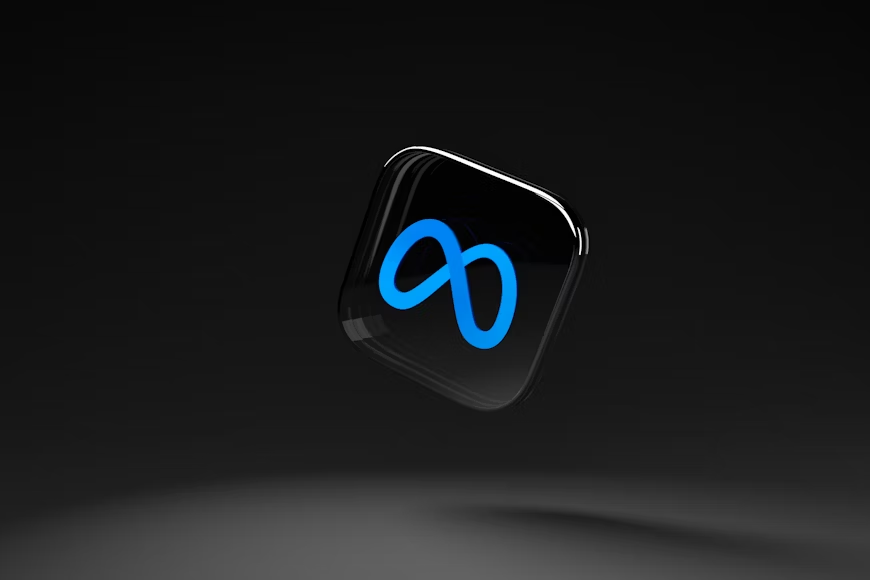Meta has announced a groundbreaking multi-year partnership with Reuters, granting its AI-powered chatbot access to real-time news content. This deal, revealed on October 9, 2024, positions Meta at the forefront of AI-driven news delivery, allowing its users to receive more accurate, up-to-date information directly from one of the world’s most trusted news sources. However, the move also sparks a broader conversation about the evolving role of artificial intelligence in journalism and its potential impact on media ethics.
Enhancing AI News Accuracy
As artificial intelligence technology advances, companies are increasingly turning to reliable news sources to improve the quality and reliability of their AI-driven services. Meta, which has faced criticism for its chatbot’s previous missteps in delivering news summaries, aims to rectify these issues by incorporating Reuters’ real-time reporting. This new collaboration will enable Meta’s AI to provide more accurate responses to news-related queries, ensuring that users interacting with platforms like Facebook, Instagram, and WhatsApp are informed by credible and timely content.
The integration will allow Meta’s AI to access Reuters’ vast archive of global news, including breaking updates on politics, finance, economics, and sports. As a result, Meta hopes to enhance its AI’s ability to deliver quick, relevant insights to users while maintaining the integrity of the information provided.
Implications for Journalism and Media Distribution
While the deal has been lauded as a strategic step forward in AI-driven news delivery, it has raised important questions about the future of journalism. As AI becomes a more significant player in news aggregation, media experts are concerned that reliance on chatbots for news updates could reduce traffic to traditional news websites, potentially threatening revenue streams for publishers.
Moreover, the growing role of AI in curating and distributing news raises concerns about editorial control and the risk of algorithmic biases shaping public discourse. As Meta’s AI becomes more deeply integrated into news consumption, there is the potential for it to dominate how information is accessed and prioritized, which could alter traditional media consumption habits.
Reuters’ Strategic Move into the AI Ecosystem
For Reuters, this partnership represents an opportunity to adapt to the evolving digital landscape. By aligning with Meta, the global news organization is able to broaden its reach, ensuring that its accurate and reliable reporting is distributed widely across Meta’s platforms. Reuters’ strategy involves integrating its trusted news content into the AI ecosystem, thereby enhancing its visibility and influence in the age of digital news consumption.
Despite these concerns, Meta has committed to maintaining transparency in its news delivery. The company has assured that all news content provided by Reuters will be clearly attributed, allowing users to identify the original source of the information. Meta also emphasized its ongoing efforts to refine its AI’s ability to differentiate between credible journalism and misinformation, addressing one of the key challenges in today’s media environment.
Shaping the Future of AI-Driven News
This deal between Meta and Reuters is one of the first major collaborations between a social media giant and a global news agency focused on AI-powered content delivery. As artificial intelligence continues to transform the media landscape, partnerships like these will likely play a crucial role in how news is consumed, trusted, and distributed. The implications for both journalism and the tech industry are profound, as the intersection of AI and media reshapes the future of information access and dissemination.


